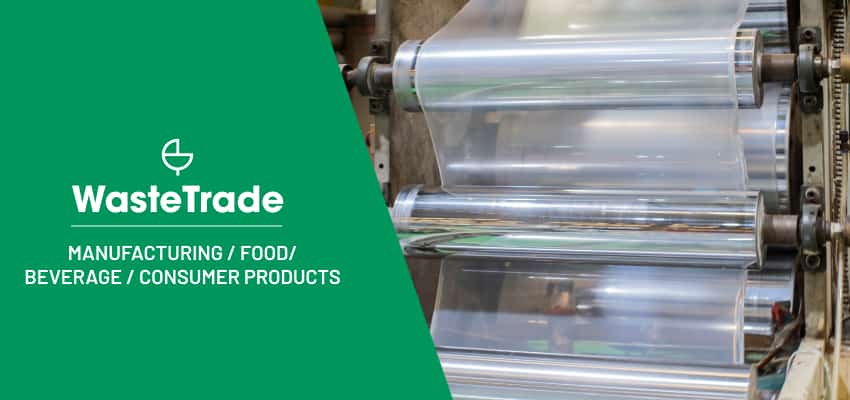Manufacturing/Consumer products

Plastic is an essential material in modern-day manufacturing, and it is widely used in various industries such as food and beverage, consumer products, packaging, and construction. The manufacturing of plastics involves several processes, including the extraction of raw materials, polymerisation, and forming.
The first step in plastic manufacturing is the extraction of raw materials, which mainly includes crude oil and natural gas. These materials are processed to produce ethylene and propylene, which are the two primary building blocks of plastics. Ethylene is used to produce polyethylene, which is the most common plastic, while propylene is used to produce polypropylene, another widely used plastic.
Polymerisation

Polymerisation is the process of chemically bonding molecules together to form long chains, known as polymers. This process involves the use of heat and pressure to melt and mix the raw materials, which are then fed into a reactor. Inside the reactor, a catalyst is added to initiate the polymerisation process, which causes the monomers to link together and form polymers.
The final step in plastic manufacturing is forming, which involves shaping the polymers into their desired shape. This process includes various techniques, such as injection molding, blow molding, and extrusion. Injection molding is used to produce complex shapes, while blow molding is used to produce hollow containers such as bottles and jars. Extrusion is used to produce films and sheets.
Industries That Use Plastics

Plastics are widely used in various industries, including food and beverage, consumer products, and packaging. In the food and beverage industry, plastics are used to produce packaging materials such as containers, bottles, and films. Plastic packaging is lightweight, durable, and flexible, making it ideal for transporting and storing food and beverages.
In the consumer products industry, plastics are used to produce a wide range of products such as toys, electronics, and appliances. Plastics are lightweight, strong, and can be easily molded into different shapes, making them an ideal material for manufacturing consumer products.
In the packaging industry, plastics are used to produce a wide range of products such as bags, films, and containers. Plastic packaging is lightweight, durable, and moisture-resistant, making it ideal for protecting products during transportation and storage.
Conclusion
The manufacturing of plastics is an essential process in modern-day manufacturing, and it plays a critical role in various industries such as food and beverage, consumer products, and packaging. The extraction of raw materials, polymerisation, and forming are the three main processes involved in plastic manufacturing. Plastics are widely used due to their versatility, durability, and flexibility, making them an essential material in various industries.
